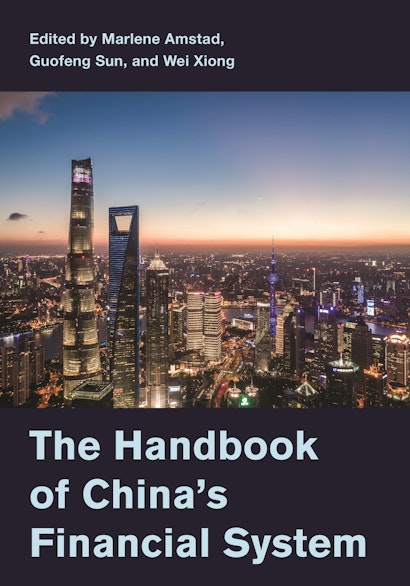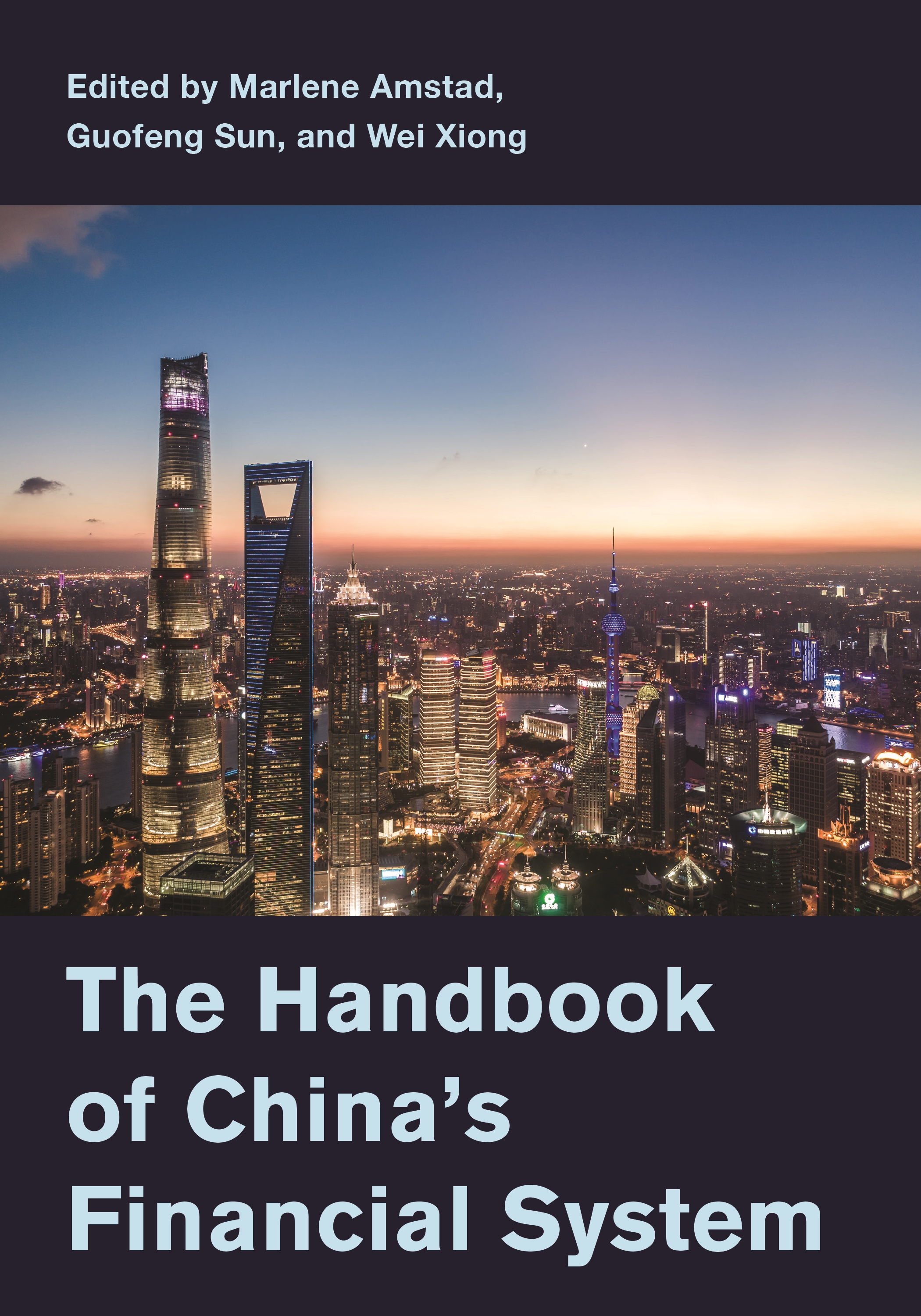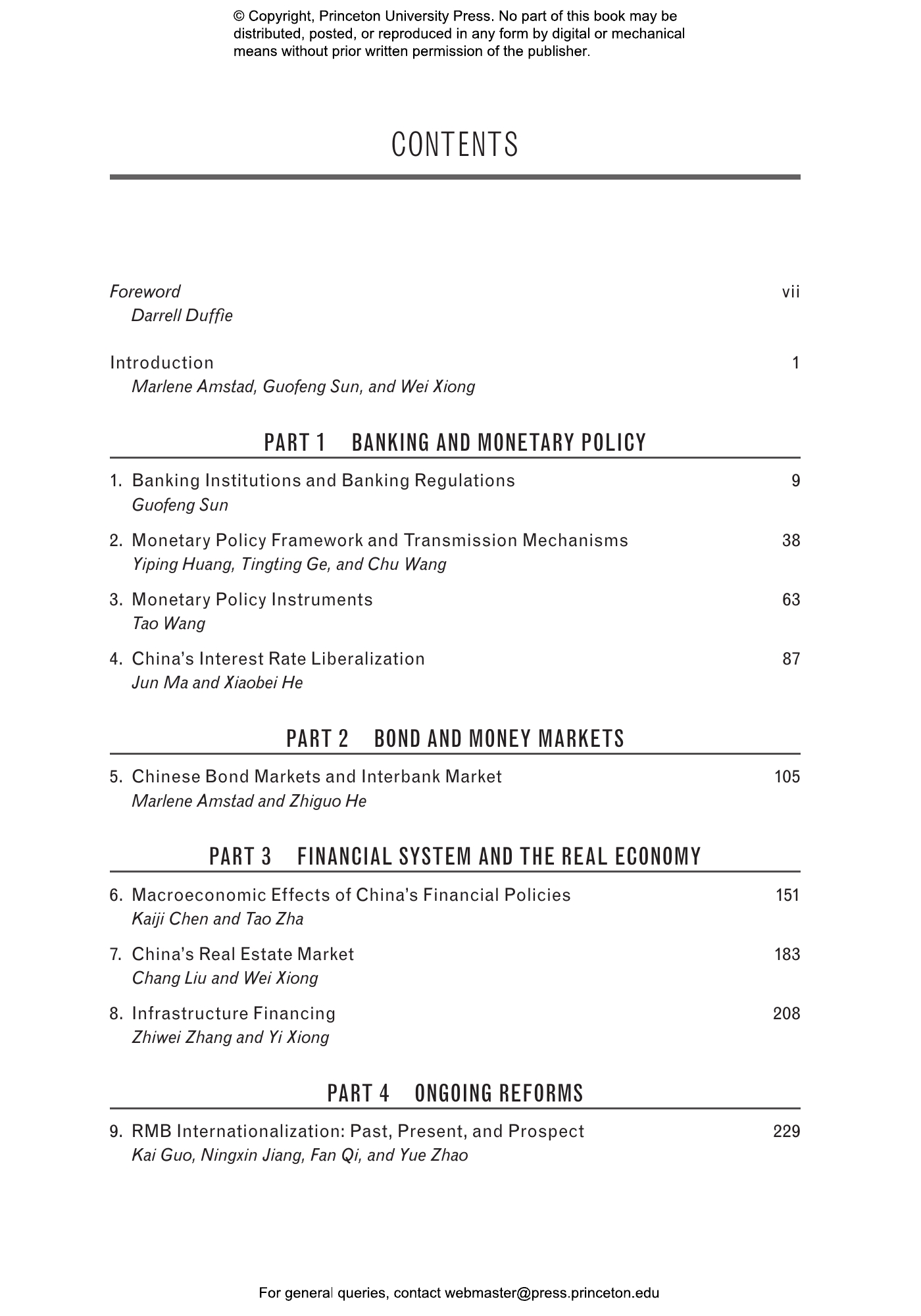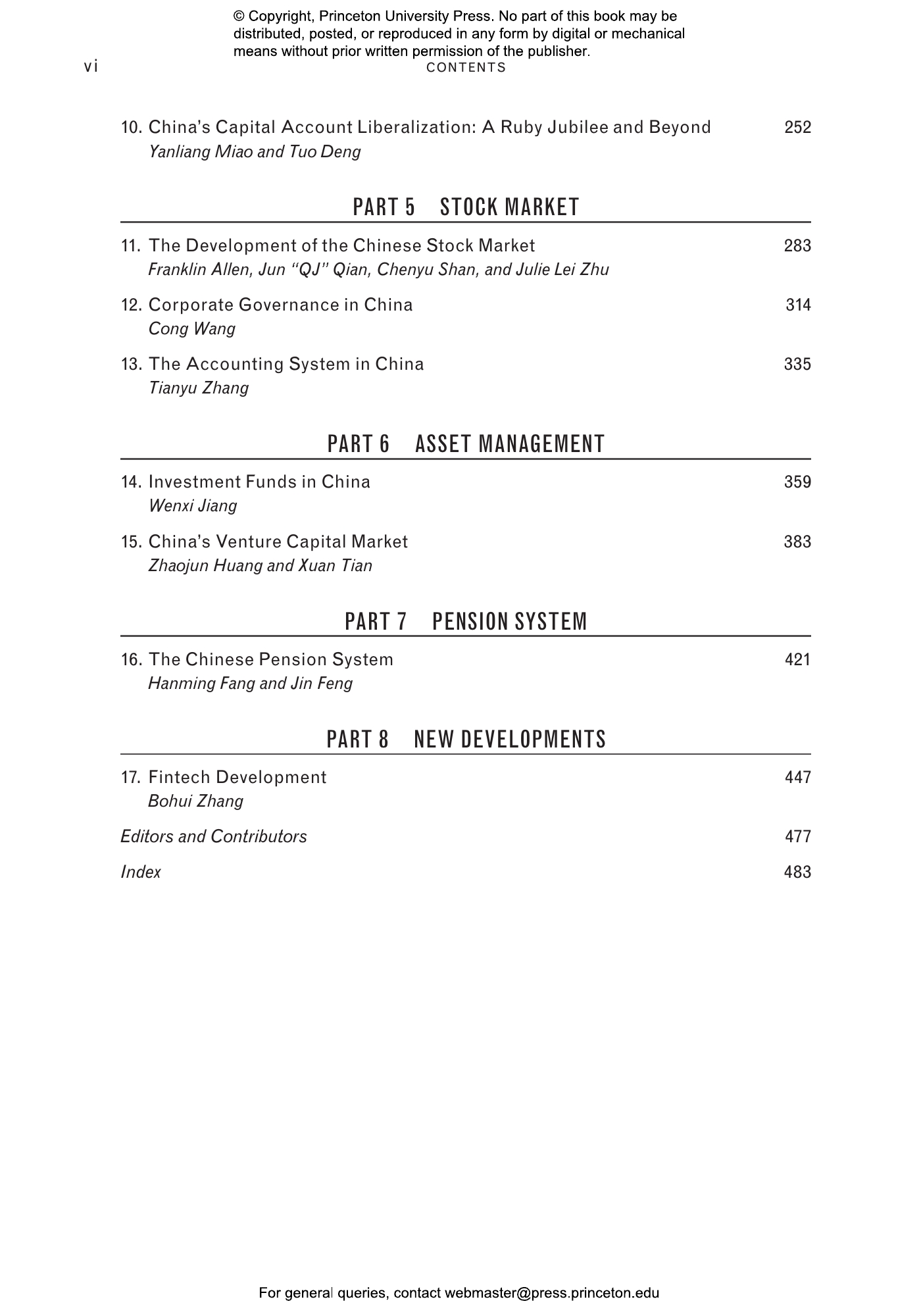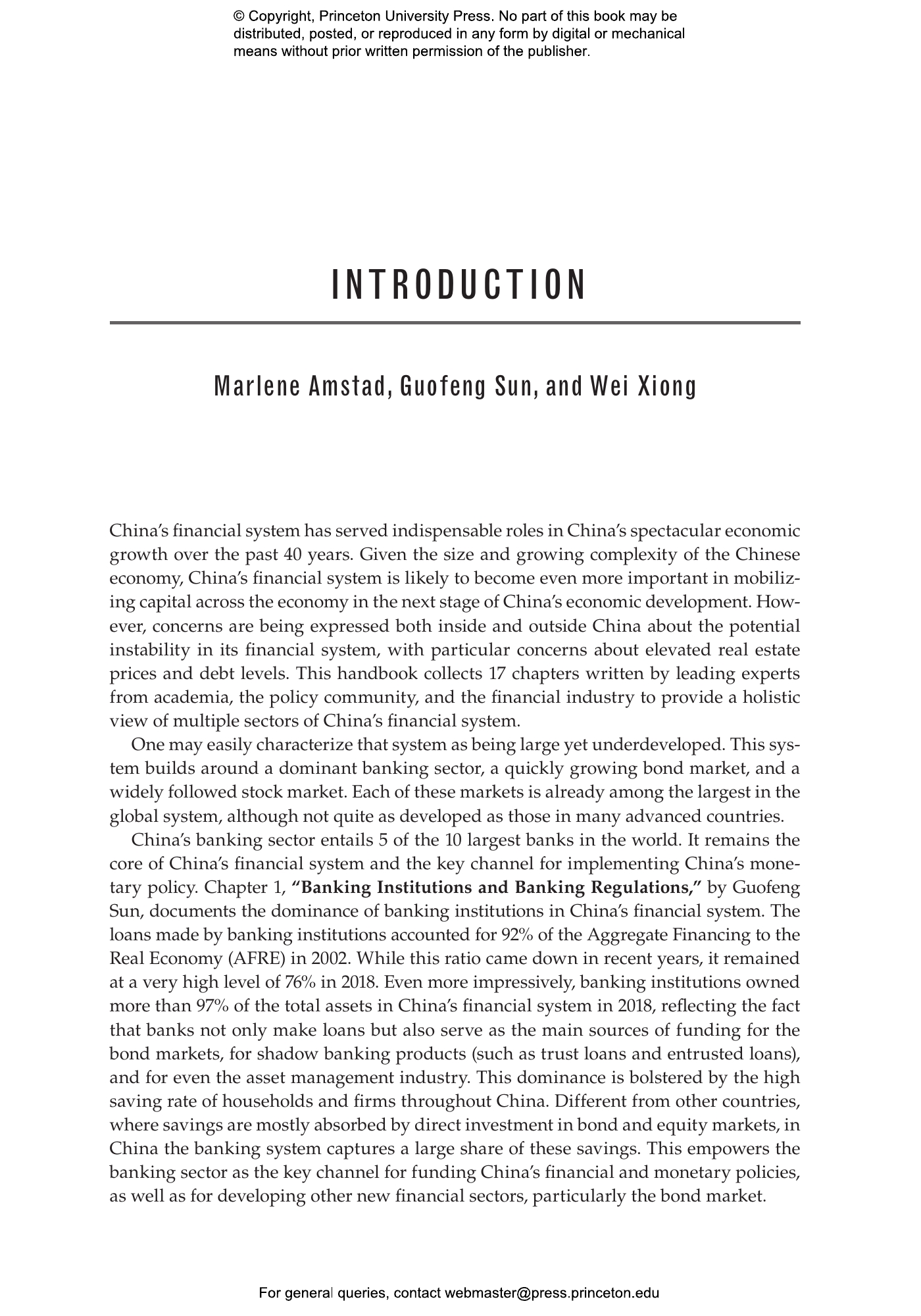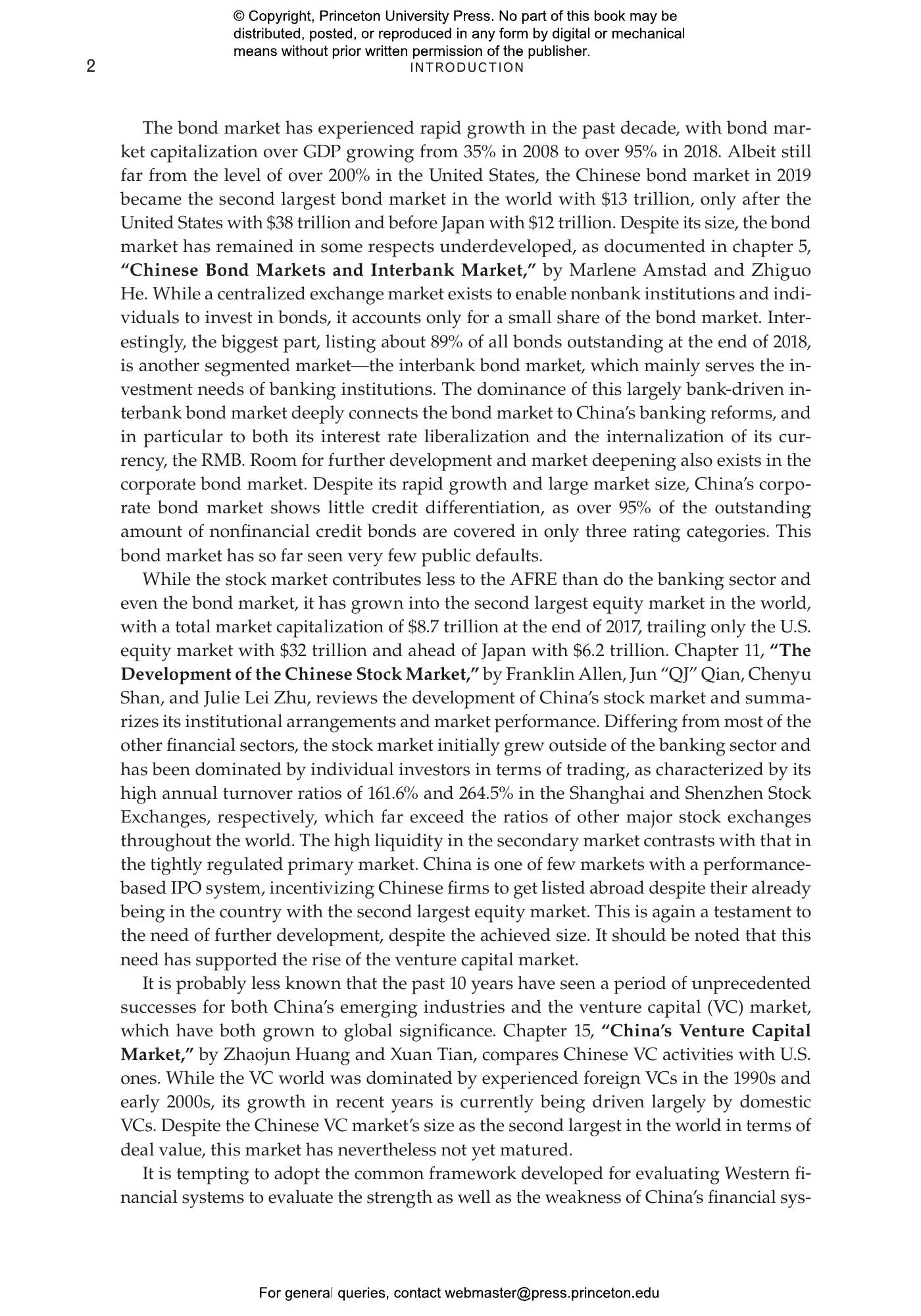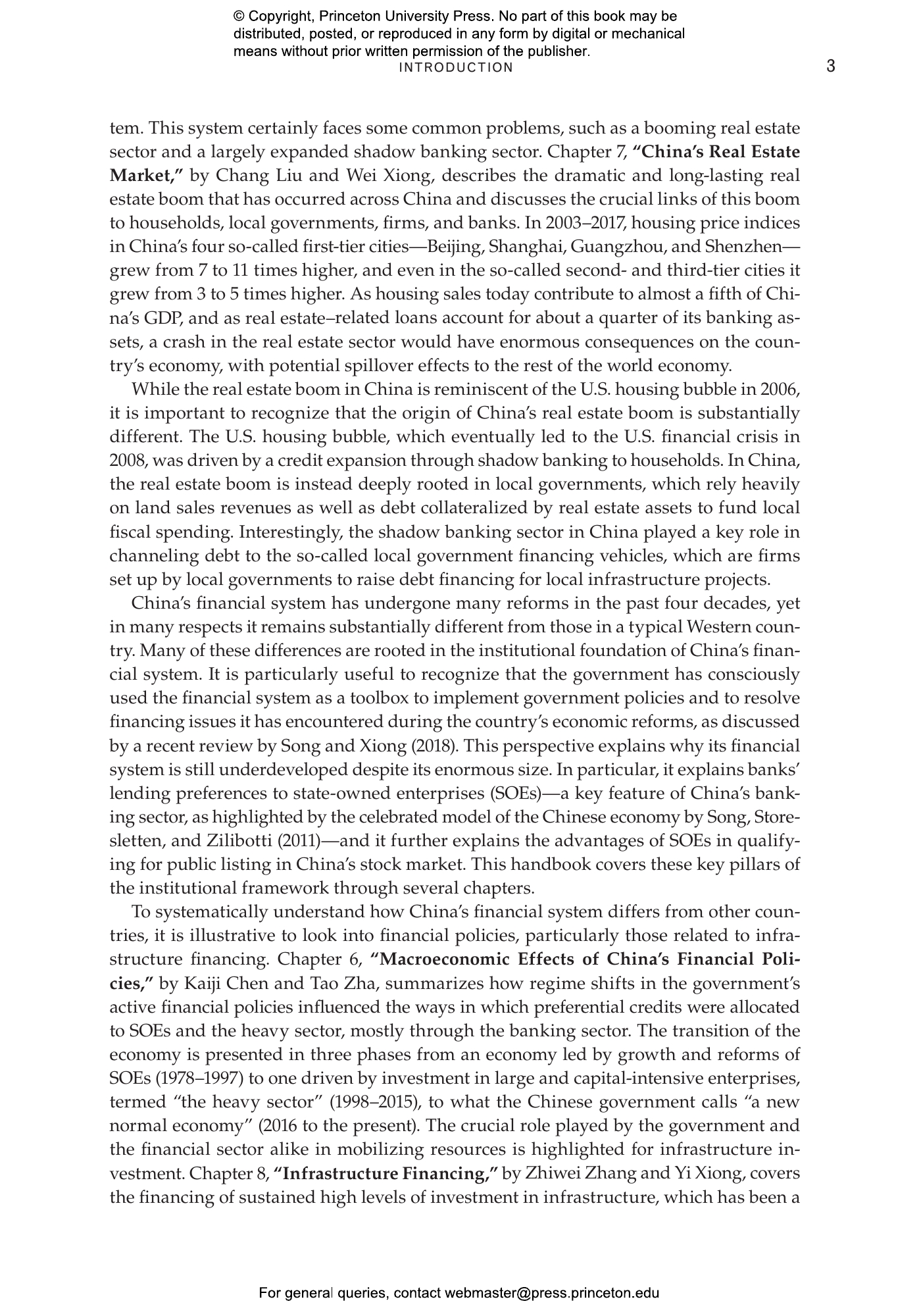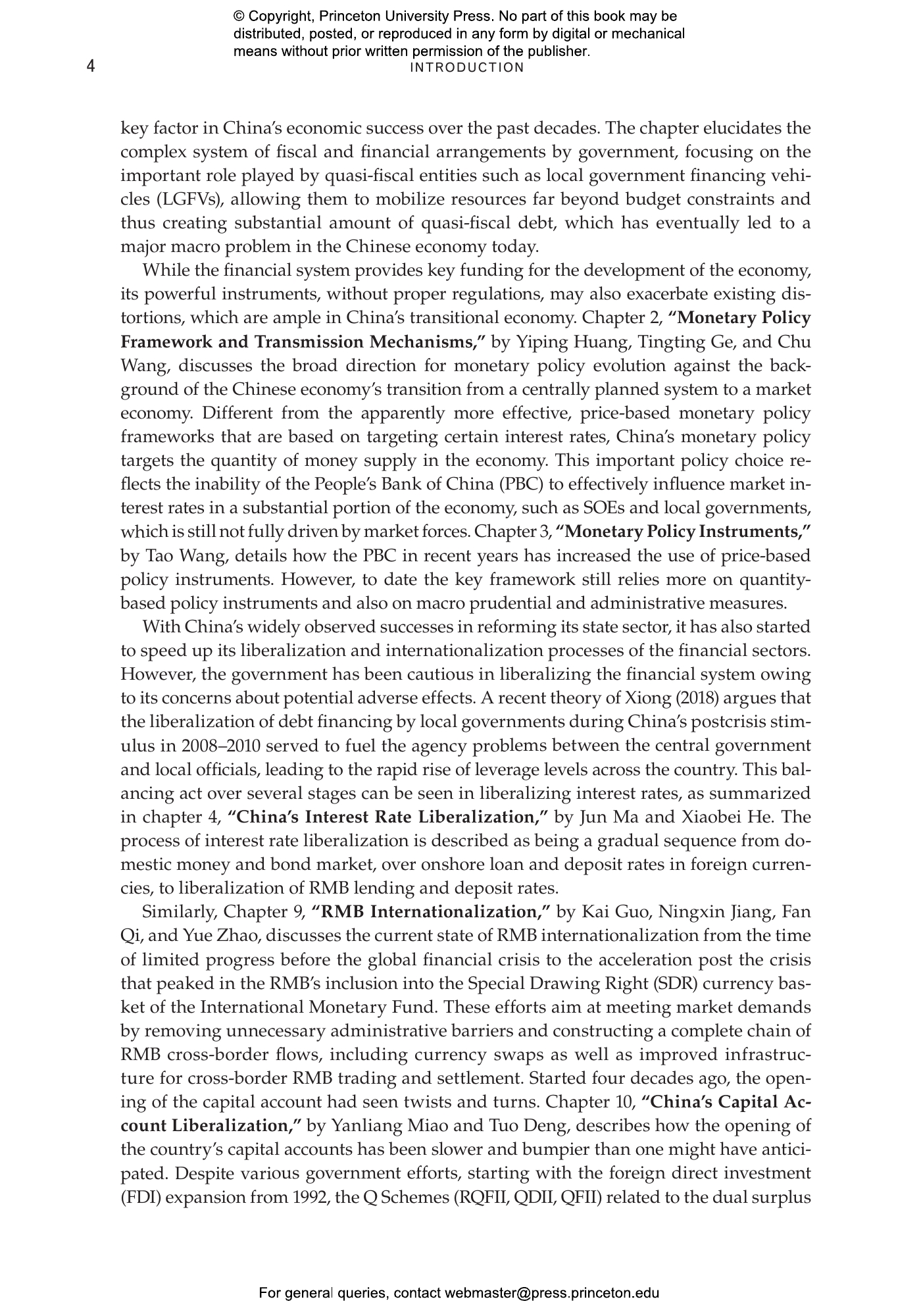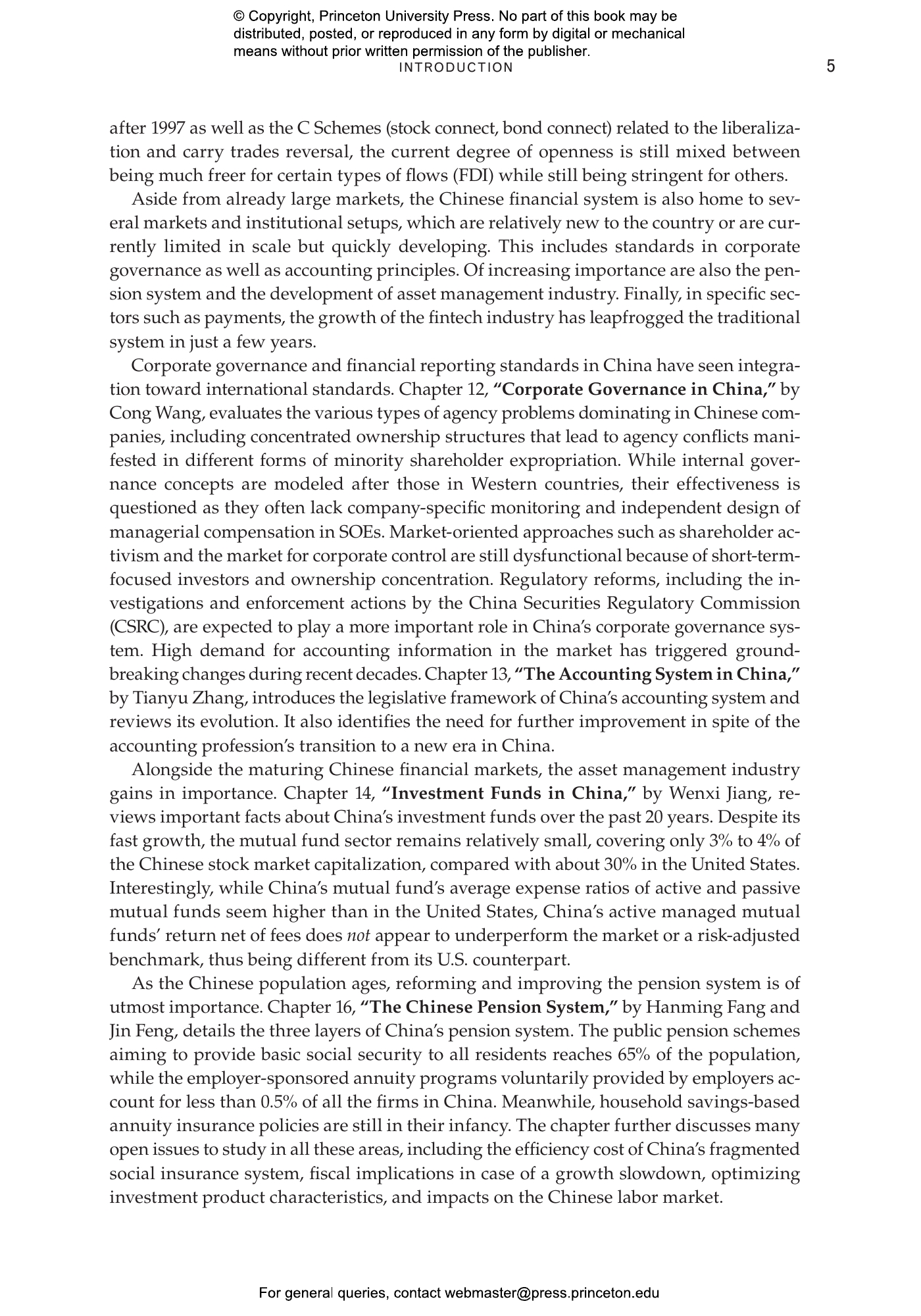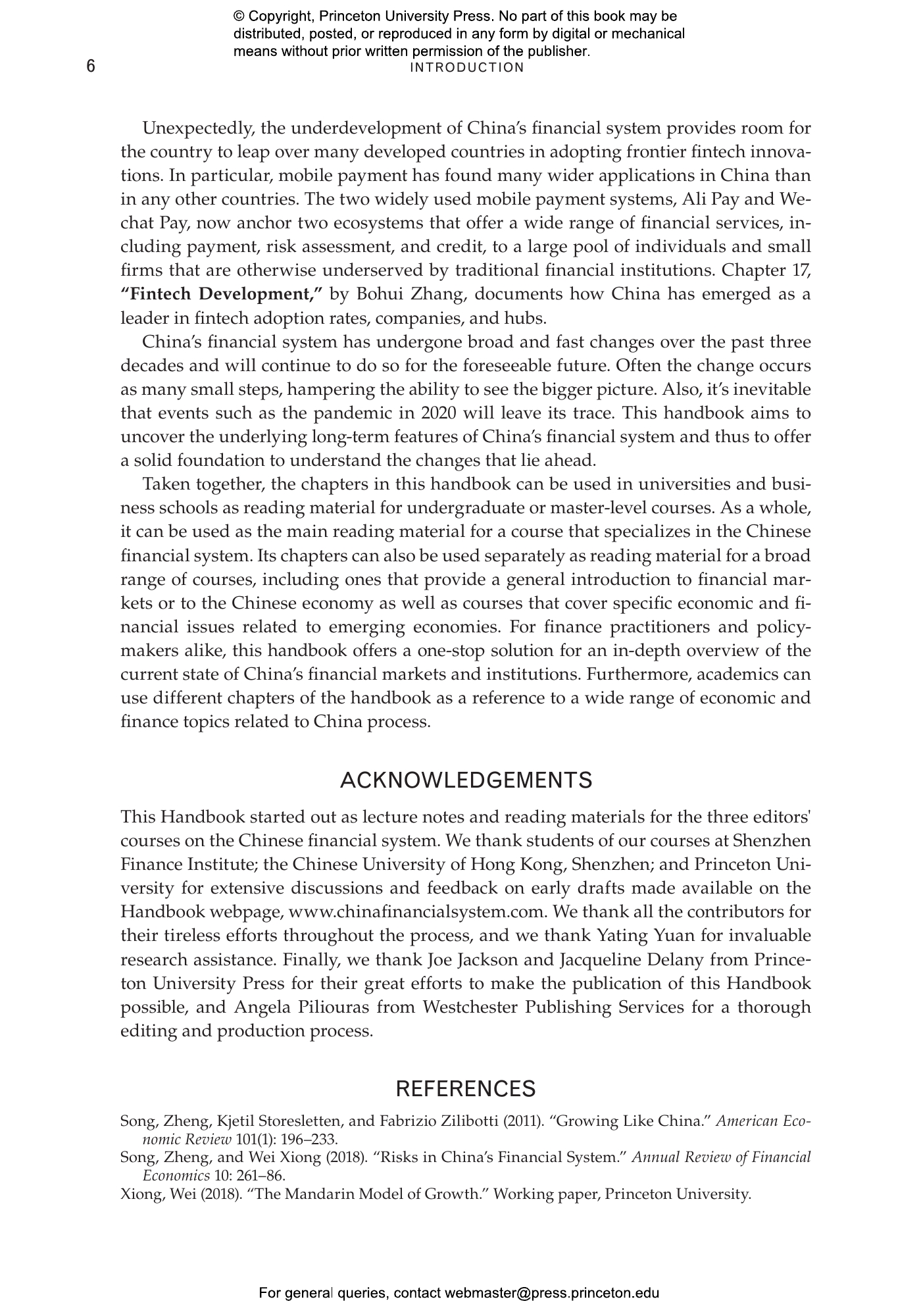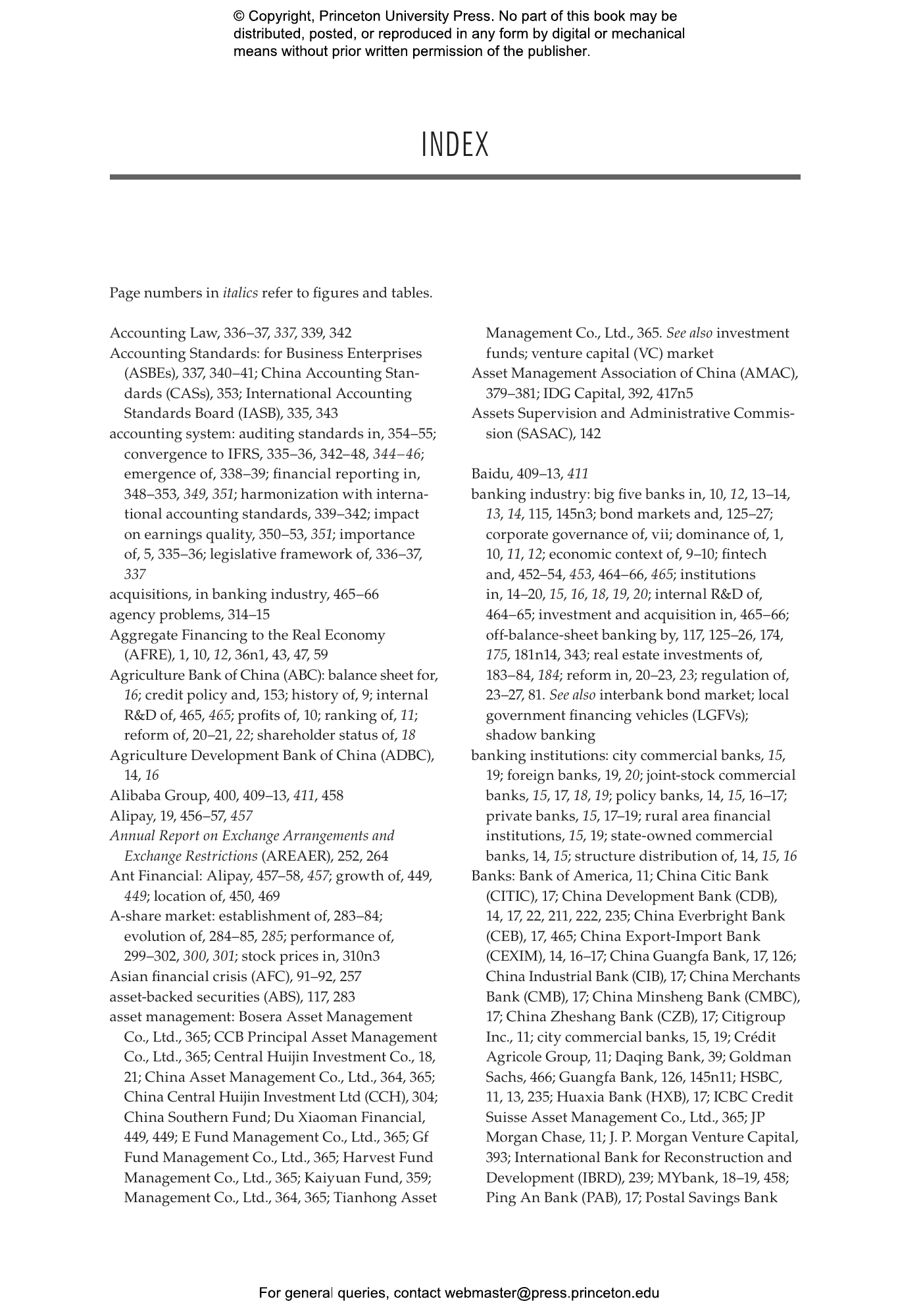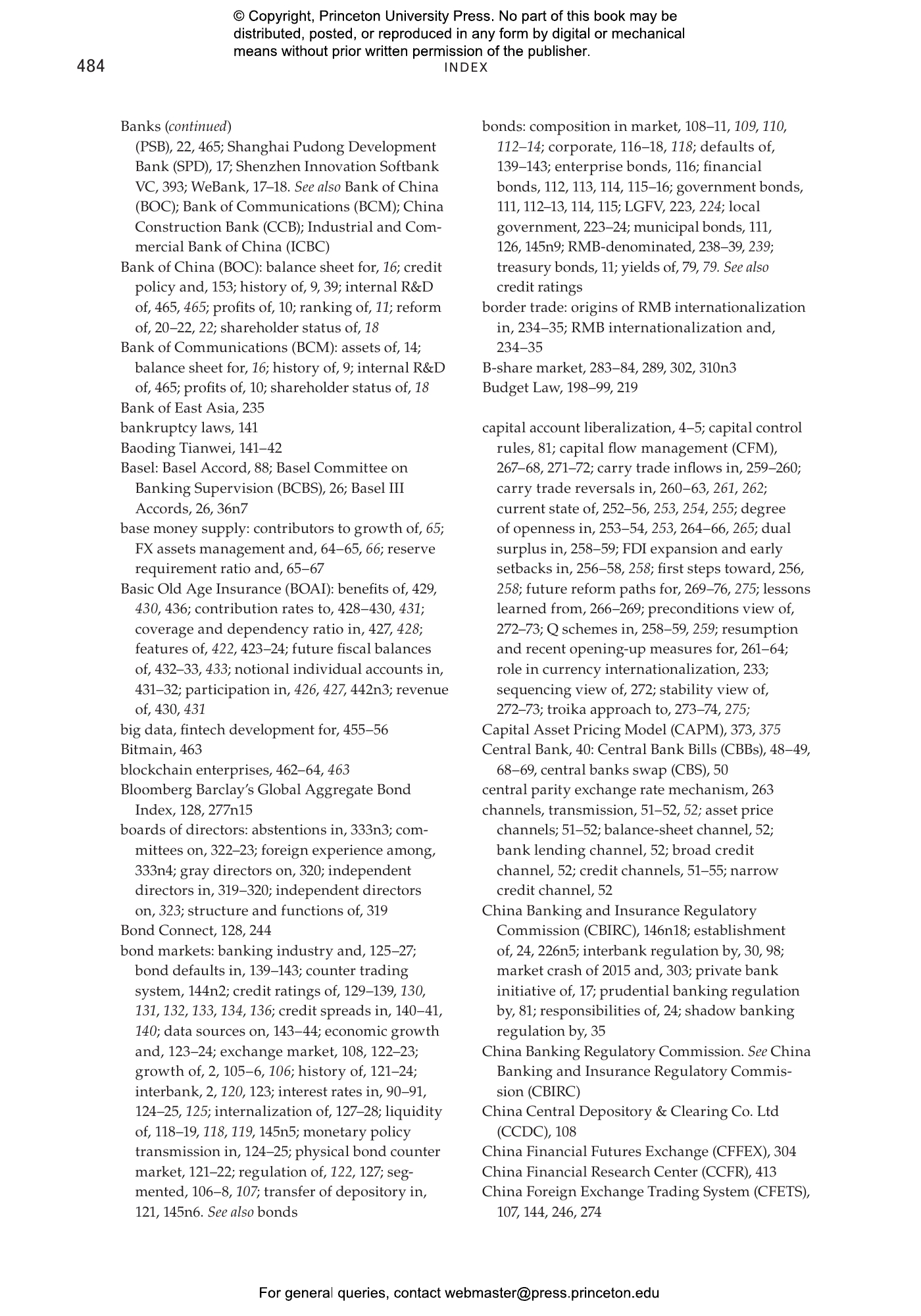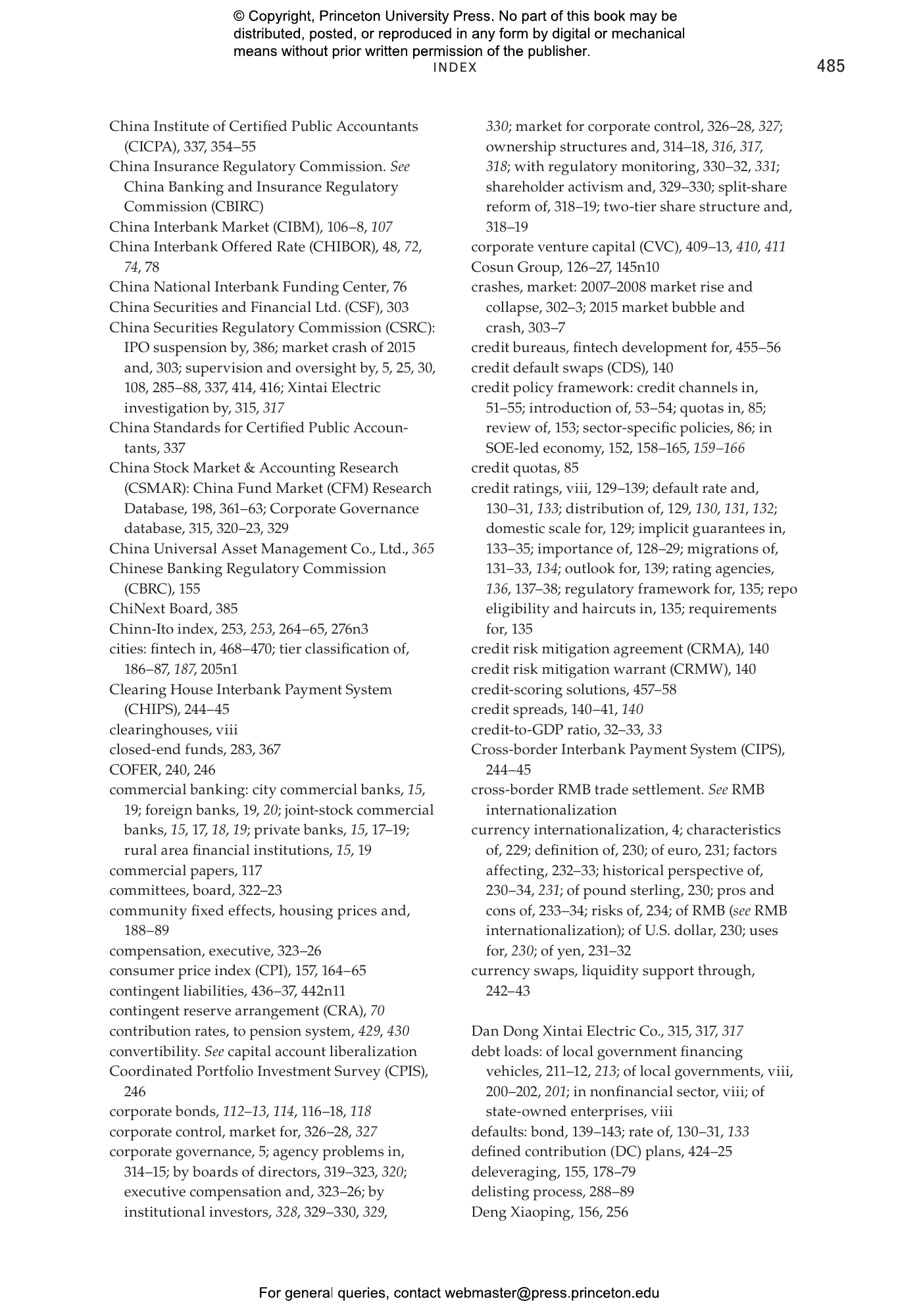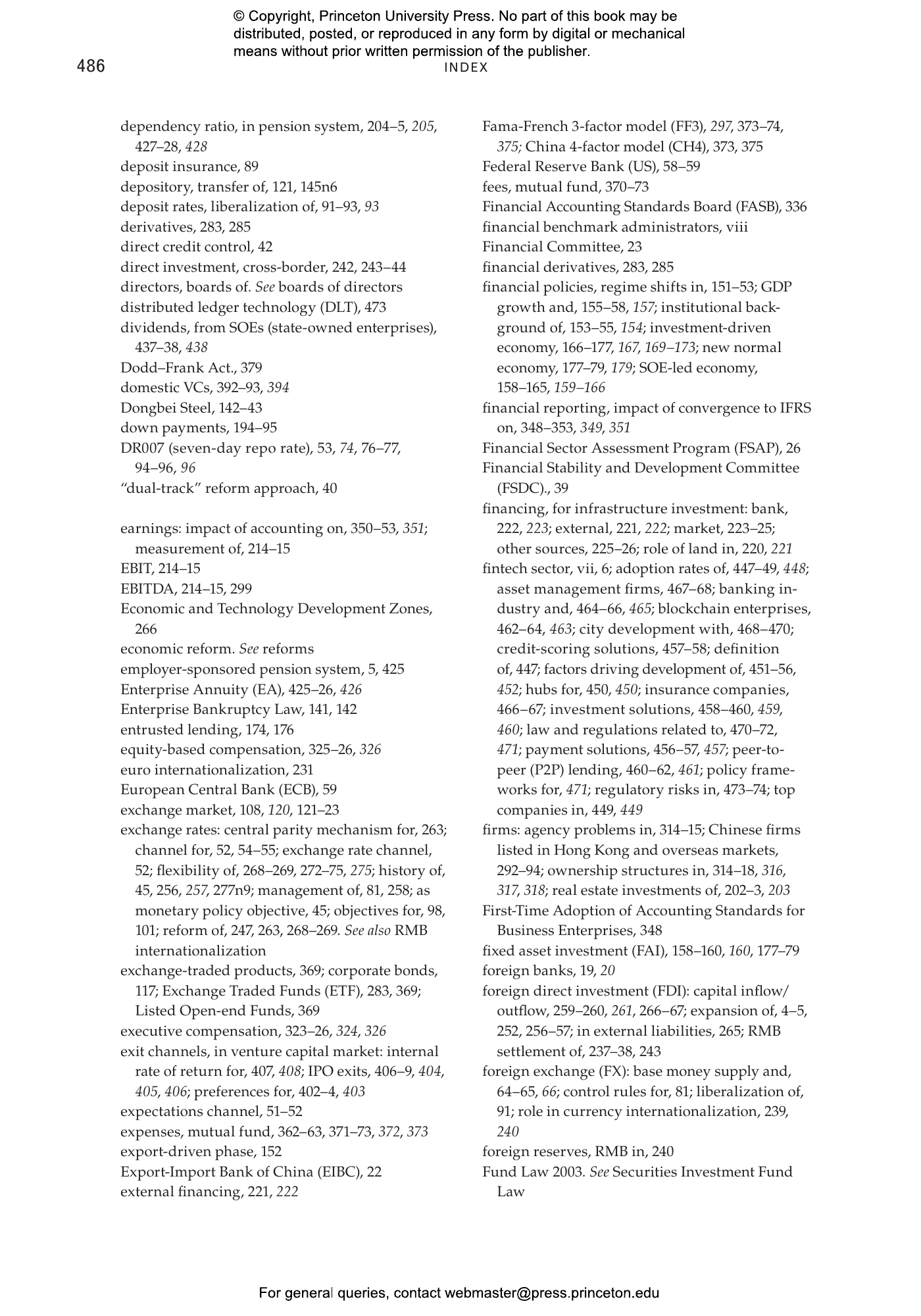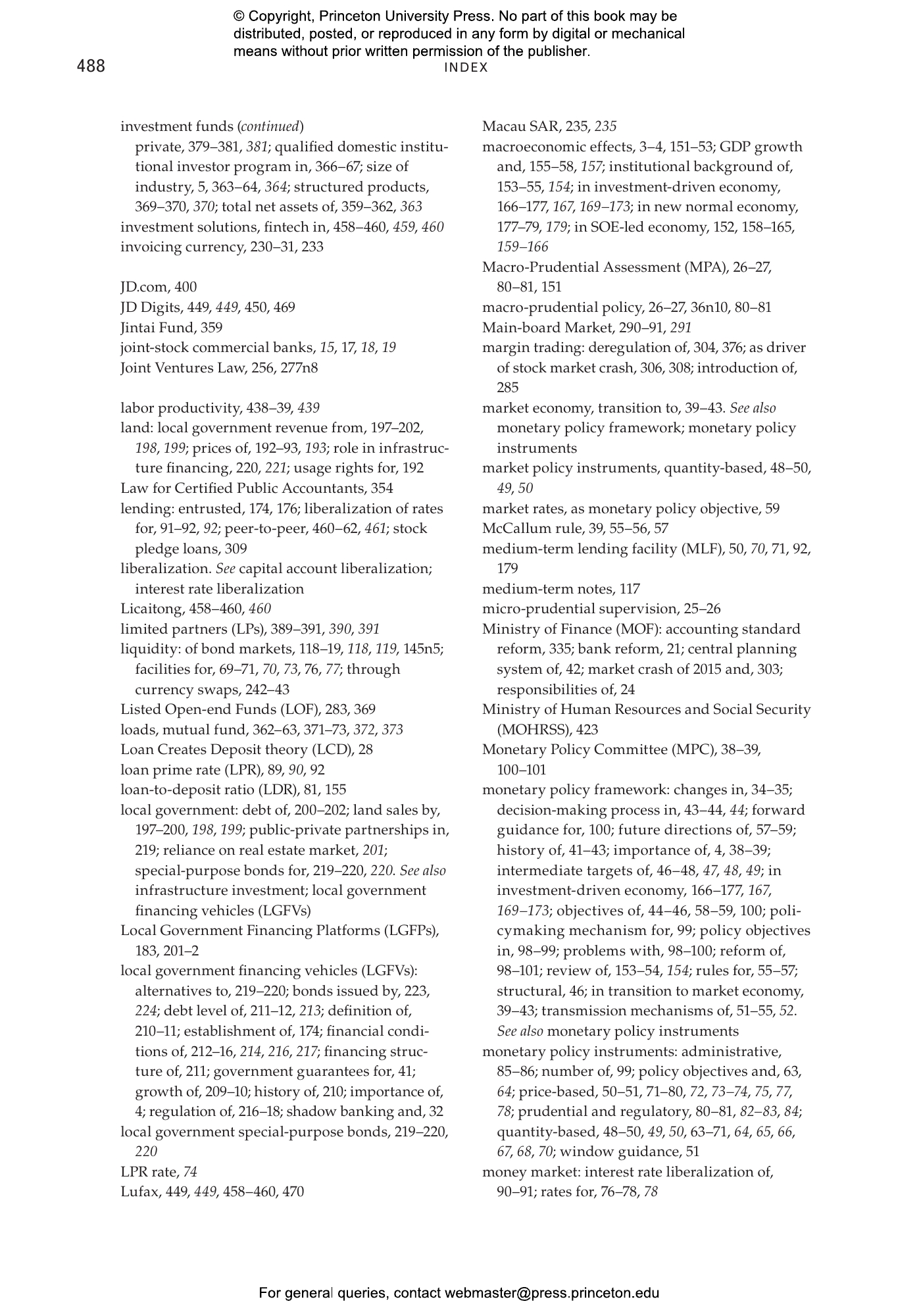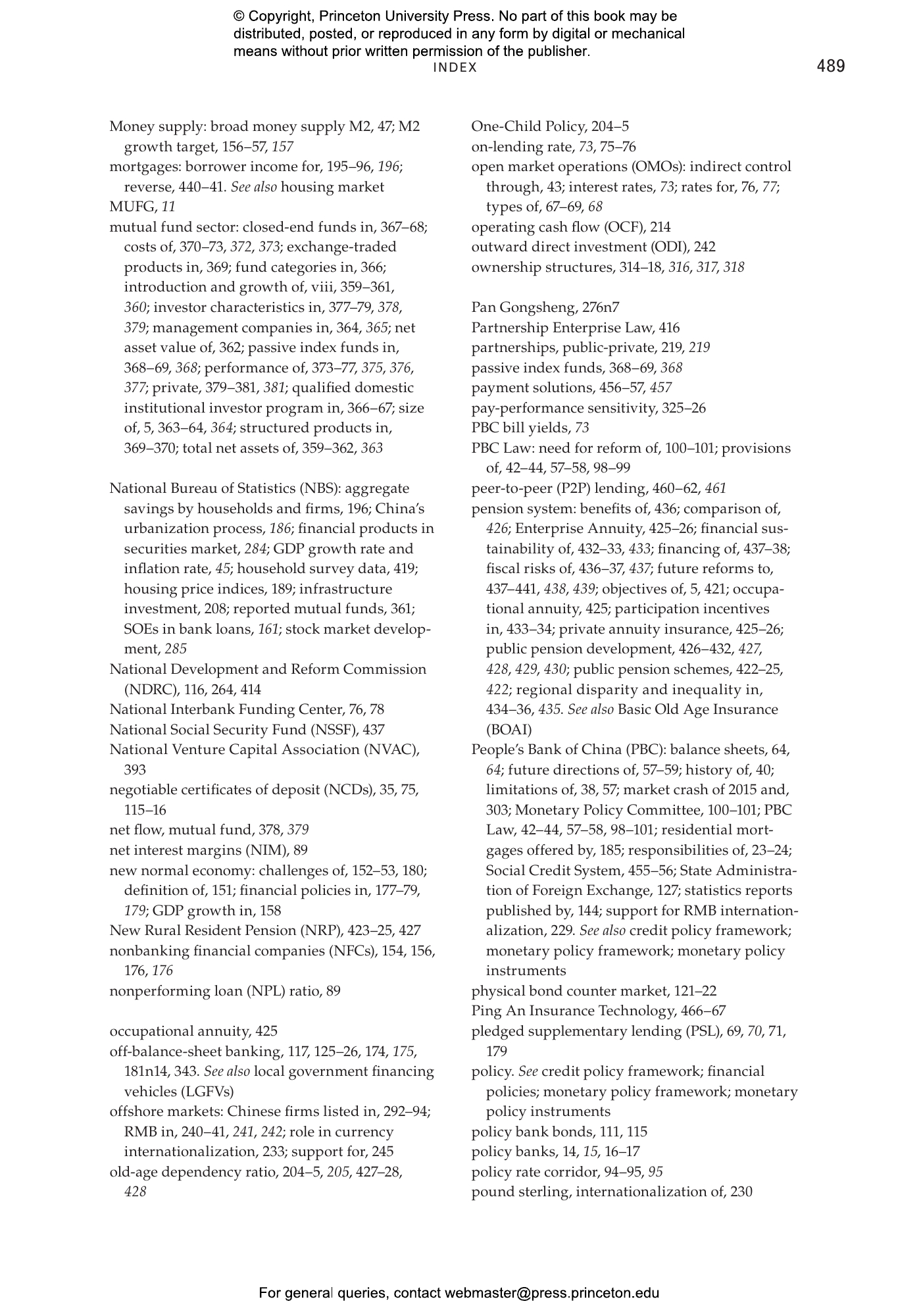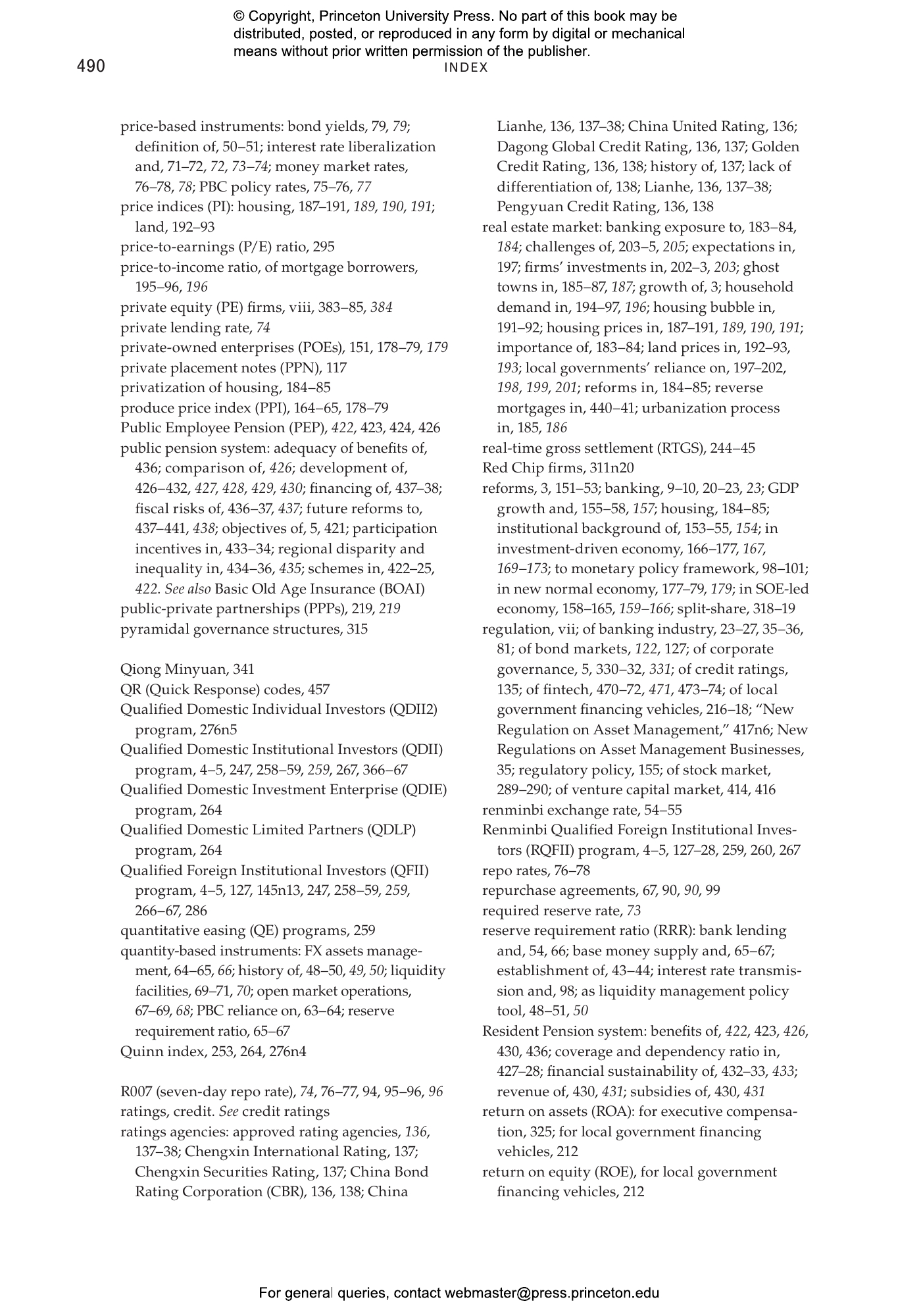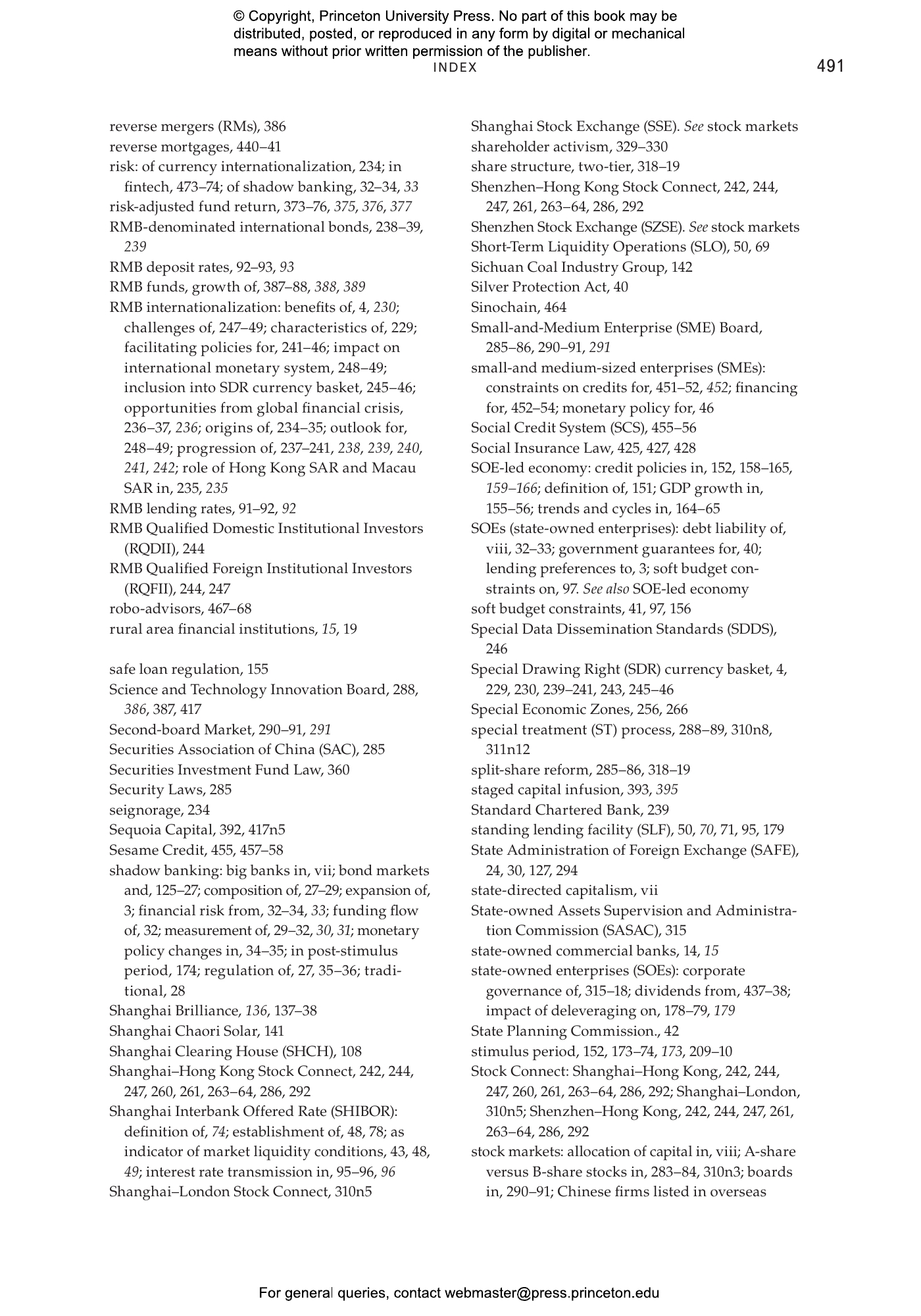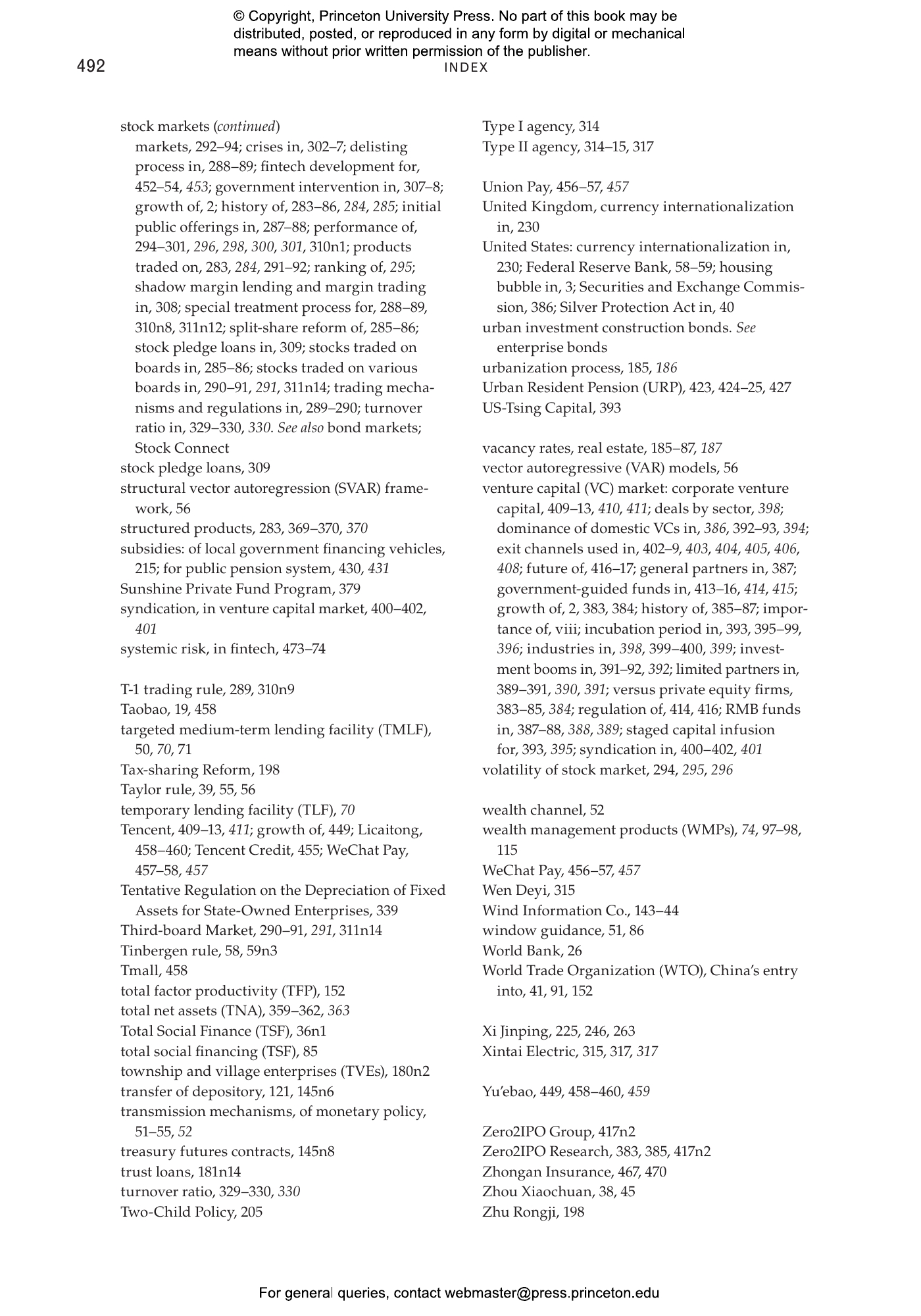The Chinese economy is one of the most important in the world, and its success is driven in large part by its financial system. Though closely scrutinized, this system is poorly understood and vastly different than those in the West. The Handbook of China’s Financial System will serve as a standard reference guide and invaluable resource to the workings of this critical institution.
The handbook looks in depth at the central aspects of the system, including banking, bonds, the stock market, asset management, the pension system, and financial technology. Each chapter is written by leading experts in the field, and the contributors represent a unique mix of scholars and policymakers, many with firsthand knowledge of setting and carrying out Chinese financial policy. The first authoritative volume on China’s financial system, this handbook sheds new light on how it developed, how it works, and the prospects and direction of significant reforms to come.
Contributors include Franklin Allen, Marlene Amstad, Kaiji Chen, Tuo Deng, Hanming Fang, Jin Feng, Tingting Ge, Kai Guo, Zhiguo He, Yiping Huang, Zhaojun Huang, Ningxin Jiang, Wenxi Jiang, Chang Liu, Jun Ma, Yanliang Mao, Fan Qi, Jun Qian, Chenyu Shan, Guofeng Sun, Xuan Tian, Chu Wang, Cong Wang, Tao Wang, Wei Xiong, Yi Xiong, Tao Zha, Bohui Zhang, Tianyu Zhang, Zhiwei Zhang, Ye Zhao, and Julie Lei Zhu.
Marlene Amstad is professor of economics and finance at the Chinese University of Hong Kong, Shenzhen; codirector of the Fintech Centre at the Shenzhen Finance Institute; and senior fellow at the Harvard Kennedy School. She is the coeditor of Central Bank Digital Currency and Fintech in Asia. Guofeng Sun is director general of the Monetary Policy Department of the People’s Bank of China. He is the author of Reforms in China's Monetary Policy and Financial Reforms in Modern China. Wei Xiong is the Trumbull-Adams Professor of Finance and professor of economics at Princeton University. He is also academic dean of the School of Management and Economics at the Chinese University of Hong Kong, Shenzhen.
"Missing in many descriptions of China’s development story are details about its financial sector. This handbook remedies the gap with authoritative pieces on all aspects of China’s financial system by foremost experts in the field. It is essential reading for anyone who wants to understand the role China’s financial system has played in the nation’s growth, and how the system is being transformed to cater to China’s needs."—Raghuram Rajan, University of Chicago Booth School of Business and former chief economist of the IMF
"This handbook, written by scholars from leading academic institutions and the official sector, offers a truly authoritative reference for understanding China’s rapidly evolving financial system. Marvelously curated, each chapter explores a fundamental issue in China’s financial development with clarity and rigor."—Kenneth Rogoff, author of The Curse of Cash and coauthor of This Time Is Different
"This gem of a book presents the perspectives of leading scholars and experts in the field, and together they paint a superbly detailed and insightful picture. It is a must-read for anyone following the global economy and China’s place in the global financial system."—Hyun Song Shin, Bank for International Settlements
